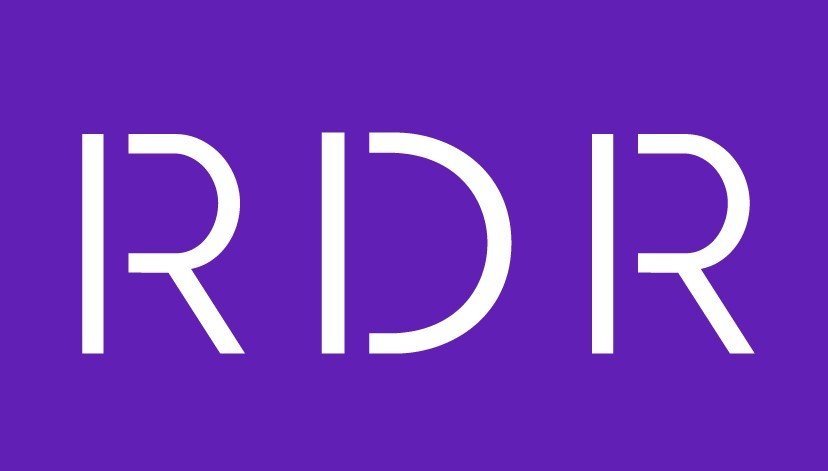Pediatric Migraine
Condition Description
A headache of varying intensity, often accompanied by nausea and sensitivity to light and sound.
Migraine headaches are sometimes preceded by warning symptoms. Triggers include hormonal changes, certain foods and drinks, stress, and exercise.
Migraine headaches can cause throbbing in one particular area that can vary in intensity. Nausea and sensitivity to light and sound are also common symptoms.
Active Trials
-
TRIAL TITLE: Study to Assess Adverse Events and Disease Activity of Oral Ubrogepant Tablets for the Acute Treatment of Migraine in Children and Adolescents (Ages 6-17)
DESCRIPTION: Migraine is a common neurological disorder typically characterized by attacks of throbbing, moderate to severe headache, often associated with nausea, vomiting, and sensitivity to light and sound. Migraine is extremely common and disabling in children. The purpose of this study is to evaluate how safe and effective ubrogepant is in the acute treatment of migraine in children and adolescents.
Ubrogepant is a drug approved for the acute treatment of migraine in adults. Children and adolescents (aged 6-17 years) with a history of migraine will be enrolled. The study will include 2 cohorts of participants - PK Cohort and Main Study (non-PK cohort). Participants aged 6-11 years in the PK Cohort will receive Dose A or Dose B of Ubrogepant for PK analysis to determine dose selection for the main study. In the main study, after dose selection, children aged 6-11 years will be randomized to receive either low or high dose of Ubrogepant or placebo. There is a 1 in 3 chance that a participant will be assigned to placebo. Adolescents aged 12-17 years will be randomized to receive either low or high dose of Ubrogepant or placebo with a 1 in 3 chance of placebo assignment.
For qualifying migraine attacks, participants will receive oral tablets of the double-blind study intervention. There will be an option to take a second dose of double-blind study intervention (identical to initial dose), or rescue medication, 2 to 24 hours after the initial dose, for headache of moderate/severe intensity. Around 1059 participants will be enrolled in the study in approximately 120 sites in the United States. The study duration will be up to 6 months.
There may be higher treatment burden for participants in this trial compared to their standard of care. Participants will attend regular visits during the study at a hospital or clinic. The effect of the treatment will be checked by medical assessments, blood tests, checking for side effects and completing questionnaires.
SPONSOR: AbbVie
INDICATION: Migraine
STUDY PROTOCOL: 3110-305-002
PHASE: 3 DB
STATUS: Active
RECRUITING PATIENTS: Yes
-
TRIAL TITLE: Long-term Extension Study to Assess Safety and Tolerability of Oral Ubrogepant Tablets for the Acute Treatment of Migraine in Children and Adolescents (Ages 6-17)
DESCRIPTION: Migraine is a common neurological disorder typically characterized by attacks of throbbing, moderate to severe headache, often associated with nausea, vomiting, and sensitivity to light and sound. Migraine is extremely common and disabling in children. The purpose of this study is to evaluate long term safety and tolerability of ubrogepant in the acute treatment of migraine in children and adolescents.
Ubrogepant is a drug approved for the acute treatment of migraine in adults. Children and adolescents (aged 6-17 years) with a history of migraine will be enrolled. Participants who completed the lead-in Study 3110-305-002, as well as those who were placebo responders and screen failed, will be eligible to enroll into this study. Around 1200 participants will be enrolled in the study at approximately 103 sites in the United States.
Participants may receive ubrogepant oral tables to treat up to 8 migraine attacks of any intensity per month. There will be an option to take a second dose of study intervention (identical to initial dose), or rescue medication, starting 2 hours after the initial dose. The study duration will be up to 54 weeks.
There may be higher treatment burden for participants in this trial compared to their standard of care. Participants will attend regular visits during the study at a hospital or clinic. The safety and tolerability of the treatment will be checked by medical assessments, blood tests, checking for adverse events and completing questionnaires.
SPONSOR: AbbVie
INDICATION: Migraine
STUDY PROTOCOL: 3110-306-002
PHASE: 3
STATUS: Active
RECRUITING PATIENTS: Yes, recruiting from 3110-305-002 study
-
TRIAL TITLE: A Study of Galcanezumab (LY2951742) in Participants 6 to 17 Years of Age With Episodic Migraine (REBUILD-1)
DESCRIPTION: The main purpose of this study is to evaulate the efficacy and safety of galcanezumab in participants 6 to 17 years of age for the preventive treatment of episodic migraine. The primary objective is to demonstrate the superiority of galcanezumab versus placebo in the reduction of monthly migraine headache days across the 3-month double-blind treatment period.
SPONSOR: Eli Lilly
INDICATION: Migraine
STUDY PROTOCOL: I5Q-MC-CGAS
PHASE: 3
STATUS: Active
RECRUITING PATIENTS: Yes
-
TRIAL TITLE: A Study of Galcanezumab (LY2951742) in Participants 12 to 17 Years of Age With Chronic Migraine (REBUILD-2)
DESCRIPTION: The main purpose of this study is to evaluate the efficacy and safety of galcanezumab for the preventive treatment of chronic migraine in participants 12 to 17 years of age. The primary objective is to demonstrate the superiority of galcanezumab versus placebo in the reduction of monthly migraine headache days across the 3-month double-blind treatment period.
SPONSOR: Eli Lilly
INDICATION: Migraine
STUDY PROTOCOL: I5Q-MC-CGAT
PHASE: 3
STATUS: Active
RECRUITING PATIENTS: Yes

